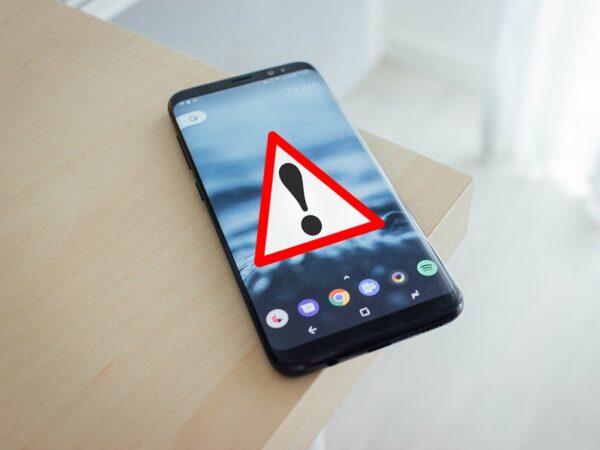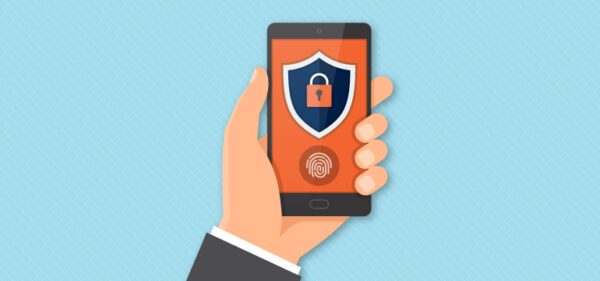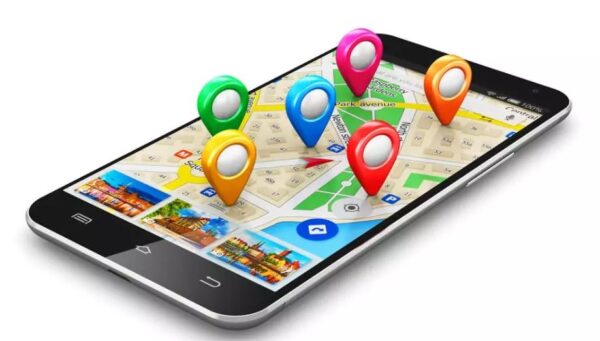
Our smart devices are with us all of the time, and we take them with us no matter where we go and what to do. When we go on a vacation, they are with us, when we go to work, and when we just spend our time at home. If you’ve paid attention to the notifications your phone sends you, you’ve probably noticed that your home is already marked on the map, even though you have not set it on your own. Things like this are easily noticeable if you know where to look, and sometimes, our devices knowing more things about us that we’ve actually set can be a little strange and even a bit worrying.
This makes us wonder if our devices are doing more than they are supposed to and if they have a lot more information about us than we’ve agreed upon. In this article, we are going to try and tell you if your smartphone is tracking your every move, what the things you agree on mean, and how to prevent your private information from leaking.
How much information do your apps get?

The first thing we are going to talk about is how much information do the things you use get when it comes to your behavior. In most cases, as long as you use a safe app that is verified and supported by trustworthy companies and users, you should know that you will be informed about all the things that the app gathers and all the information it saves.
In most cases, even though they are going to get informed about the things you do, you will not be listed as a username or an email, but instead just as data and statistics.
When you choose to download and install a new platform on your smart device, you will get a list of things that the app will use, and if the data is private and secure, or if it is going to be used for further development of the application.
If you choose to give all those permissions, the platform will gather all the data, including your location and habits, but they are not allowed to share it or list your name personal information with the public or any of their collaborators. Every information they have about your location or things that you are doing should be completely private, and the only person with exact access to that should be you.
To know what the platform is using, and to know what it gathers, stores, and shares, you can just go to the settings of every app, or visit AppStore or PlayStore, and check the data permissions they have. This is the easiest way to find out if the platforms can access your location and if they can track you in some way.
Can it track you?

When it comes to this question, the answer is yes, even though you can still be aware of all the things that the platform does. Technically, your smartphone does know your every move, what you are doing, and where you are located. On the same note, this should not be something that concerns you because all of the information you share with them is going to stay private.
There are a lot of apps that can actually help you a lot with the tracking feature. Every device that we use, including smartwatches, requires the location to be turned on to be able to properly function.
As you can see if you click here, the features that allow tracking will also let you find the device if you lose it, make sure that all of your family members are safe, and they can also help you sleep better by knowing that your possessions and the people you love are secure.
Basically, even though your smartphone knows your exact location at all times, this is extremely beneficial in case something happens; in case you are in danger, and in case you lose your phone. Today’s private information is secure, and you have full control over what you share, with whom, and the extent of it. Keep on reading to find out how to limit this data sharing and how to choose what you want to disclose.
How to prevent this?

Now let’s talk about the things you can do to protect yourself from your device gathering all sorts of data, and how to avoid tracking from third-party applications. The first thing you need to know is that all valid and trusted apps are required to let you know what they are going to use and you will need to give them permissions.
When we choose to install something new, more often than not, we just agree upon everything, and we let our device choose the permissions without even having any idea what those permissions are. To prevent an application from tracking you and seeing your location at all times you should always see what you are agreeing on, and you should not let your smartphone choose the settings on its own. Even if this happens, you can go to the settings of the app, and manually set or change things.
This will help you get a better grip on what’s going on, and if the platforms you use can access your camera, microphone, location, and so on. Make sure you check things and permissions for everything you’ve been using but note that some apps require this information to be able to work properly.
Never install things that you don’t know what they are, don’t click on third-party links, and make sure you read everything word per word to make sure you know you are agreeing only to things you are okay with.

As you can see, this is not just a black and white problem, but it is actually a solution that falls in the gray area. To protect yourself and your loved ones, you should have the location feature turned on, but on the same note, you should always be aware of what you install and to who you give permissions. If you are not sure what is going to happen with your stored data, you can just reach out to the application creators, and ask them all the questions you have. Our smart devices ultimately make our lives better, easier, and they help us stay safe at all times.